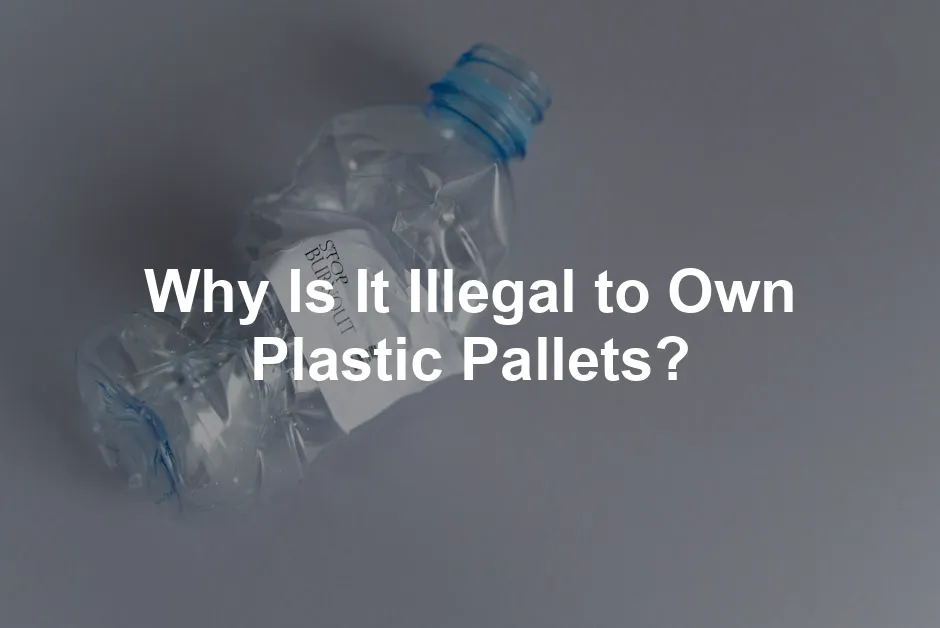
Why Is It Illegal to Own Plastic Pallets?
Introduction
The legality of owning plastic pallets can confuse many. It’s not inherently illegal to own them. However, regulations exist that can make ownership unlawful. Let’s clarify the common misconceptions and focus on the laws and regulations governing plastic pallet ownership.
If you’re looking to optimize your storage space, consider investing in a Plastic Pallet Storage Rack. This handy tool keeps your pallets organized and accessible, preventing the chaos of misplaced items and maximizing your efficiency.

Summary and Overview
In certain situations, owning plastic pallets can be illegal. For instance, Arizona’s statute 44-1799.81 restricts individuals from possessing five or more plastic pallets without proper documentation. This law aims to combat the rampant theft of plastic pallets, which are often stolen for their high resale value.
The black market for these pallets creates significant issues for businesses, leading to losses estimated at millions annually. Many pallets bear company logos, complicating their rightful ownership. Without the correct paperwork, individuals risk legal consequences. Understanding these laws helps prevent accidental violations, ensuring responsible ownership and compliance with local regulations.
And while you’re at it, don’t forget to equip your workspace with a Heavy Duty Plastic Pallet. These durable pallets are built to withstand the rigors of storage and transport, ensuring your goods stay safe and secure.

The Legal Framework Surrounding Plastic Pallets
Understanding Ownership Laws
Owning plastic pallets isn’t illegal in most cases. However, the legality of ownership often hinges on how they were obtained. If you purchased them through legal channels, you should be fine. Yet, many regions have specific laws that can make ownership tricky.
For example, the laws vary significantly from one state to another. In places like Arizona, certain regulations prohibit individuals from possessing five or more plastic pallets without proper documentation. These laws aim to combat rising theft rates. In fact, businesses in Arizona reportedly lose around $3 million annually due to stolen pallets. This significant financial impact underscores the importance of understanding local ownership laws. Always verify the legality of your pallet source to avoid potential legal troubles.
To keep your operations running smoothly, consider using a Pallet Jack for Plastic Pallets. This tool simplifies the movement of heavy pallets, making your warehouse operations more efficient and reducing the risk of injuries.
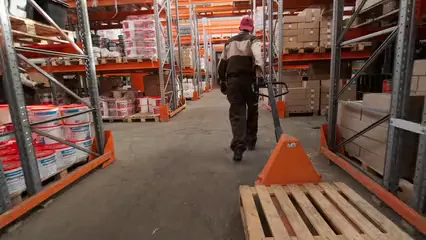
Specific State Laws (e.g., Arizona)
Arizona’s statute 44-1799.81 outlines specific requirements for owning plastic pallets. Under this law, individuals engaged in recycling, shredding, or reselling pallets cannot purchase five or more at a time without appropriate documentation. This includes details like the seller’s name and contact information.
To acquire pallets legally, buyers must maintain proof of purchase for at least one year. This documentation helps law enforcement trace stolen pallets back to their original sellers. The statute aims to reduce theft, which impacts local businesses significantly. Following the implementation of this law, theft rates have declined, showcasing its effectiveness. Ensuring compliance with Arizona’s legal requirements is essential for anyone looking to own plastic pallets.
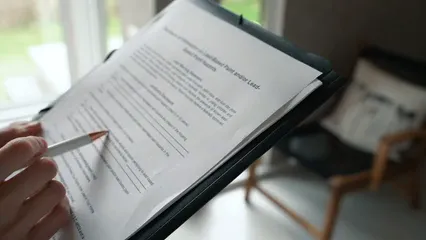
The Reasons Behind the Laws
Theft and Black Market Concerns
Plastic pallets are prime targets for theft. Their lightweight design and high resale value make them appealing to thieves. In Arizona, businesses lose around $3 million annually due to stolen plastic pallets. This theft is often driven by the black market, where these pallets can be sold for quick cash.
The black market thrives on the demand for inexpensive pallets, creating a cycle that harms legitimate businesses. Many stolen pallets are marked with company logos, complicating rightful ownership. This connection to organized crime raises significant theft concerns, prompting states to enact laws to combat this issue. By enforcing ownership regulations, states aim to protect businesses and curb the rampant theft of these valuable items.
For businesses looking to stay compliant, using a Plastic Pallet Scale can be invaluable. This tool helps you monitor the weight of your pallets, ensuring compliance with shipping regulations and preventing overloads that could lead to accidents.

Safety and Quality Standards
Safety regulations heavily influence the legality of plastic pallets. Industries like food and pharmaceuticals have strict requirements to ensure safety and quality. For instance, pallets must meet specific structural standards to prevent contamination or damage to goods.
In 2021, several recalls highlighted safety incidents linked to inadequate pallet quality. These incidents underline the importance of compliance with safety standards. When pallets fail to meet these regulations, they can be deemed illegal for use.
Thus, understanding safety regulations is crucial for businesses. This helps ensure compliance and protects both the products and consumers. By adhering to quality standards, companies can maintain their reputation and avoid potential legal issues.
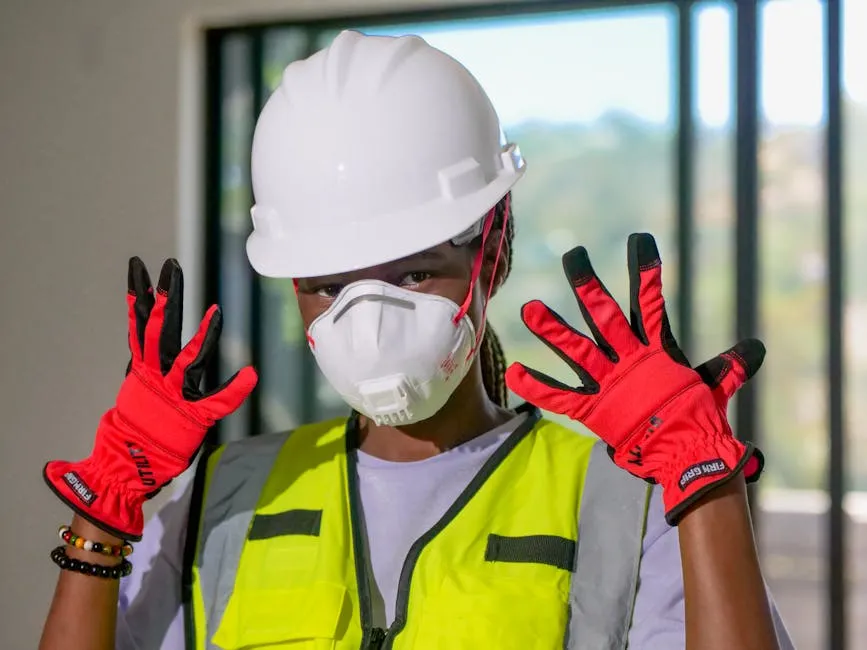
Speaking of safety, make sure your team is protected with Safety Goggles. They’re essential for any workplace where hazards exist, ensuring that your team can work safely without compromising their vision.
Current Trends and Issues
The State of Plastic Pallet Theft in 2024
Plastic pallet theft remains a pressing issue in 2024. Reports indicate that businesses continue to lose millions annually due to stolen pallets. Recent statistics reveal that theft incidents have not significantly decreased, despite legislative efforts. For instance, Arizona businesses reportedly lose around $3 million each year due to these thefts.
Law enforcement has shifted focus to high-risk areas and repeat offenders. Strategies include increased surveillance and collaboration with recycling centers. However, many small-scale transactions still slip through the cracks. Existing laws, like Arizona’s statute 44-1799.81, aim to track ownership and deter theft. Yet, enforcement remains a challenge. To make meaningful progress, ongoing education and awareness about the consequences of plastic pallet theft are essential.

To protect your goods, consider using Plastic Pallet Covers. These covers shield your pallets from dust, moisture, and other environmental factors, extending their lifespan and ensuring your products remain in optimal condition.
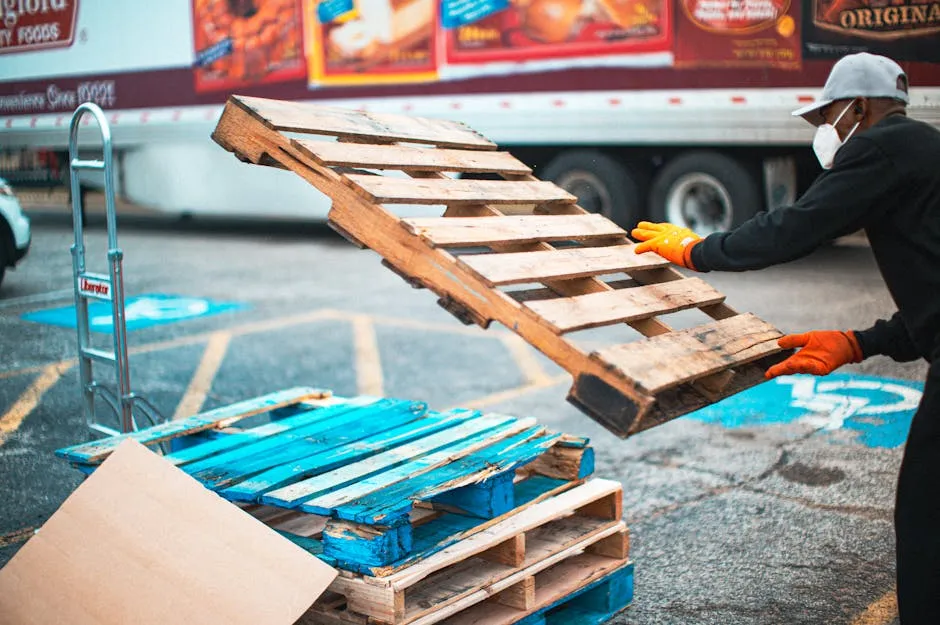
Environmental Regulations
Environmental laws significantly impact the legality of plastic pallets. Regulations focus on the materials used and their potential harm to the environment. Many regions enforce strict recycling laws that dictate how plastic is handled. Pallets made from non-recyclable materials may face legal scrutiny.
Compliance with these environmental regulations is crucial for businesses. For example, studies show that businesses adhering to recycling laws have lower waste management costs. Additionally, proper waste management practices can enhance a company’s reputation. As plastic waste continues to be a global concern, understanding these regulations becomes increasingly important. Companies must ensure their pallets meet these standards to avoid legal complications and contribute positively to waste management efforts.

Also, consider investing in a Pallet Repair Kit. This handy kit can save you money by allowing you to fix damaged pallets instead of replacing them, making it an eco-friendly choice for your business.

Conclusion
In summary, owning plastic pallets is not illegal in most scenarios. However, issues arise when pallets are obtained unlawfully or without proper documentation. Laws like Arizona’s statute 44-1799.81 highlight the need for careful sourcing and verification. Understanding local laws and regulations is crucial for compliance. This knowledge helps you avoid potential legal troubles associated with ownership. Always ensure your pallets are sourced legally and meet industry standards to maintain a smooth operation and protect your business from legal issues.
FAQs
Is it always illegal to own plastic pallets?
No, it’s legal to own plastic pallets if you obtain them through legal channels. Just ensure they are sourced properly to avoid issues.
What documentation is required to purchase plastic pallets legally?
To purchase plastic pallets legally, documentation includes the seller’s name, address, and contact details. You must keep this proof of purchase for at least one year.
What are the consequences of owning stolen plastic pallets?
Possessing stolen plastic pallets can lead to serious legal consequences, including fines and potential criminal charges. Always verify the source.
Are there safety regulations for plastic pallet use in food industries?
Yes, industries like food and pharmaceuticals have strict safety regulations. These ensure that pallets used meet specific hygiene and quality standards.
How can businesses protect themselves from plastic pallet theft?
To prevent theft, businesses can implement security measures like tracking systems, locking storage areas, and maintaining an inventory of pallets.
What should I check before purchasing plastic pallets?
Always verify the source of your pallets and ensure they meet local regulations and safety standards for compliance.
Can plastic pallets be recycled legally?
Yes, plastic pallets can be recycled legally if they comply with local recycling laws and regulations. This helps reduce waste and promotes sustainability.
Please let us know what you think about our content by leaving a comment down below!
Thank you for reading till here 🙂
All images from Pexels




